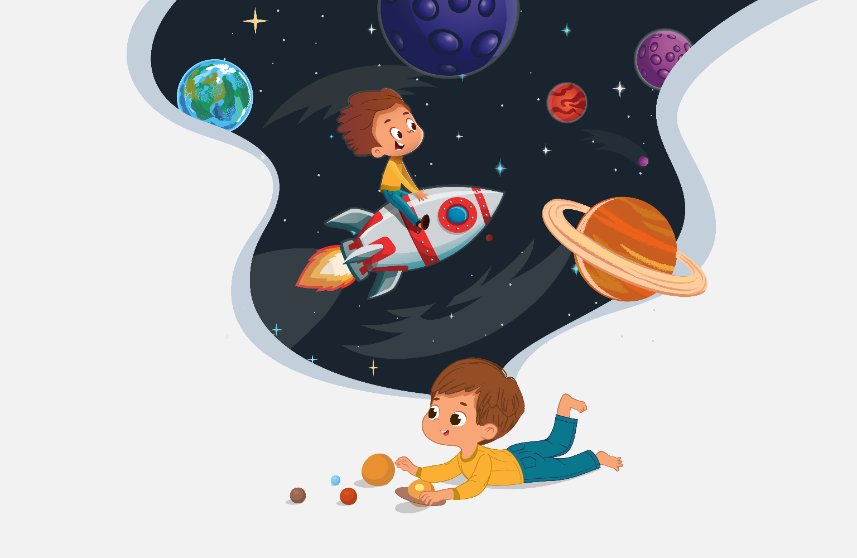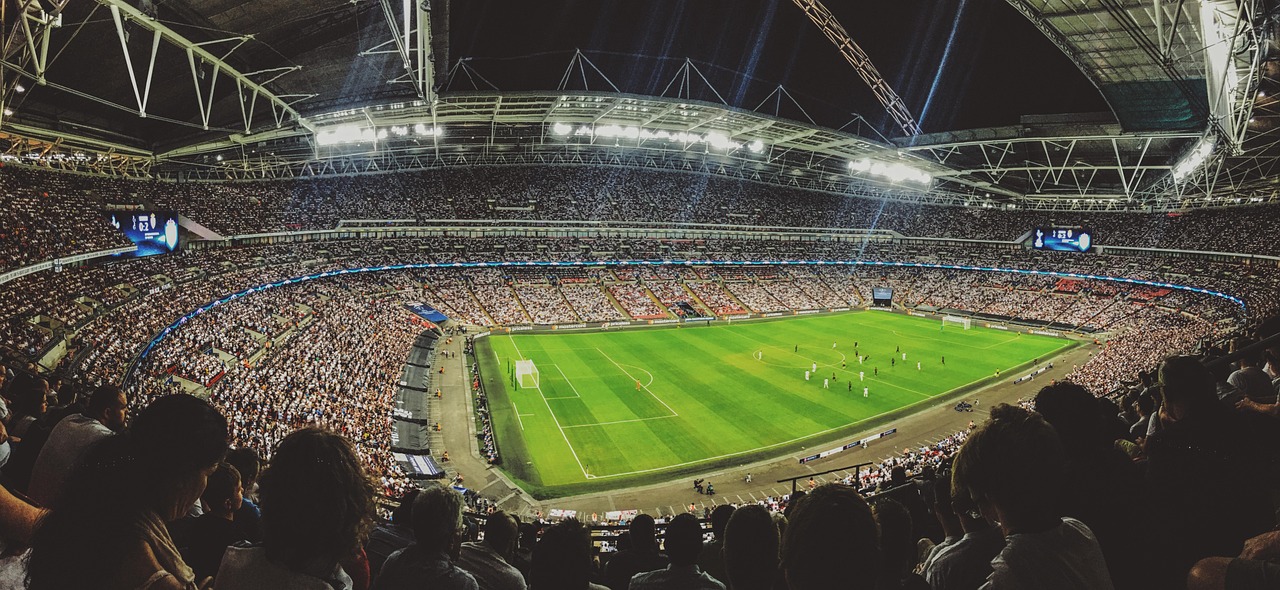
The sooner that children are introduced to science the earlier they will be able to grasp fundamental scientific concepts – and this will assist in the development of inquiry skills.
There are seven fundamental basic science concepts (otherwise known as ‘process skills’) that preschool children learn early on in their schooling. Some are basic, while others are higher level – and these may or may not be understandable to those who are about to enter kindergarten.
Familiarity with the skills that each child could master is of great help when developing a plan for suitable activities to support their current skill set – and move them forward to the mastery of new skills.
The Seven Core Science Concepts for Preschool
The 7 basic preschool science concepts are:
- Measuring
- Communicating
- Inferring
- Comparing
- Classifying
- Observing
- Predicting
There are a number of concepts that are shared between science and mathematics. For instance, the skills of comparison and measurement leading to classification have become known as maths concepts. In science, these skills are combined and are known as ‘Process Skills’. It is these science and maths concepts that are at the foundation of ‘Intermediate process Skills’ that will be required during the elementary school journey – and far beyond.
A closer look at the seven preschool science concepts will reveal how children the way in which mastery of one skill has a cascading effect leading to the mastery of the next skillset, which could in the future lead them to be in charge of a major immunoassay development company.
Using the Senses: Observing
Observation is pivotal to the process of gathering and organising information. Preschoolers will use all of their senses when observing. An example is when a preschooler is presented with a collection of various objects (let us say Apples) they employ their senses to sort the items using colour, texture, taste and size.
Similarities and Differences: Comparing
Once children have become familiar with a series of items they will begin to compare them. They will take note of similarities as well as differences such as like and unlike colours, disparate weights, and the sizes of those apples.
Grouping and Sorting: Classifying
Classifying represents a higher order of comparing. Observing and comparing will allow children to use the information gathered to begin the process of sorting and grouping. Items will be sorted according to information gathered by observation. They will use several criteria in the sorting process, for instance, those apples with stems versus those without, the colour of the apples, and their size are only some of the criteria that could be used.
Working with or Describing Quantities: Measuring
Measuring is the next skill to be mastered. Children will use measurement in a variety of different ways as their familiarity with the items grows. Those apples, for instance, can be classified according to size, which is larger and which is smaller. They can use tools such as a tape measure or a ruler rather than classifying the apples according to a direct visual comparison. They can measure weight using a scale, rather than simply estimating based on holding the apples in their hands.
Describing Ideas: Communicating (using pictures, graphs, writing, or other visual communications)
Most preschoolers will eventually develop the common process skill of communicating. In terms of science, this is the manner that these children will communicate ideas and concepts based on their observations. There are a variety of ways that this can be accomplished including (but not limited to) a picture journal or drawing pictures and having the teacher write down their thoughts about the process.
Using Information Gathered and Organised: Inferring
The process of inferring is when children use information gathered during one experience and base an expected outcome on the patterns provided by the experience on new data.
This process assists children in making sense or deriving meaning from previous process experiences. An example would be children who are tasked with watering a classroom plant each day. Let us suppose that it is the school holidays and the classroom is shit for a week. On their return, the children note that the plant is wilting. They will also note that the soil is dry. When asked about this – and the reason that the plant is wilting they will recall that the plant had required water, in addition to sunlight and soil. They may then observe that the plant needs water.


